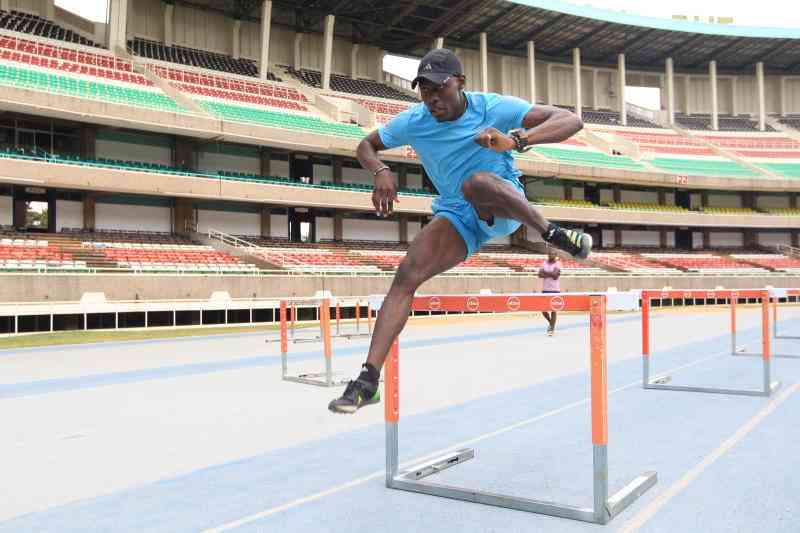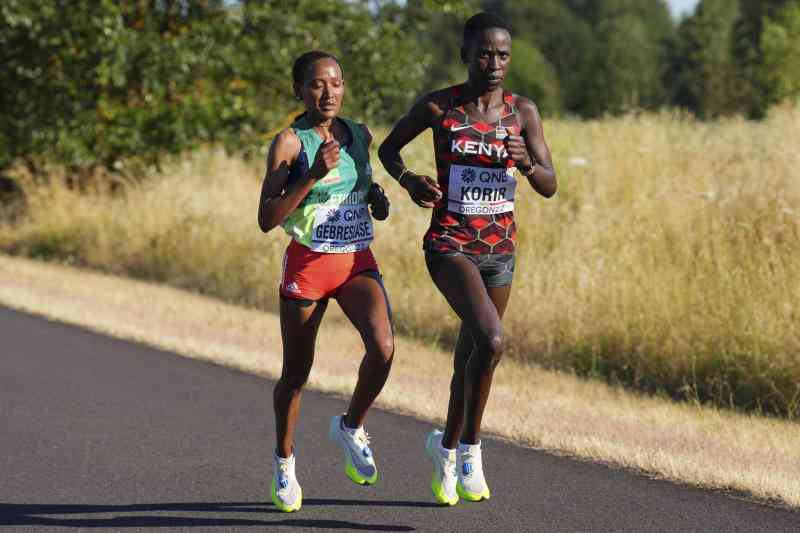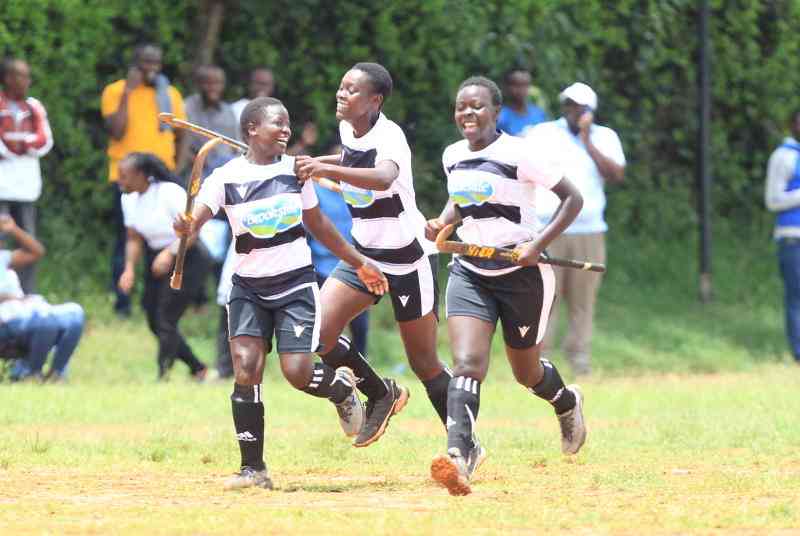
Majority of Kenyans who are into the gambling frenzy are using their hard-earned cash to bet, a new survey has revealed.
At least eight out of 10 Kenyans who bet do so using their earnings from the profits they make in their businesses or salaries.
The latest Infotrak survey on gambling has painted a disturbing picture on the extent to which Kenyans addicted to gambling would go in the crave of making one more shilling.
Rift Valley region leads in the number of betting individuals with 30 per cent followed by Nairobi 19 per cent and Central 12 per cent.
Nyanza, Coast and North Eastern are the regions with fewer people involved in gambling all below ten per cent: 9.0, 5.0 and 3.0 per cent.
The survey, which polled 1,048 persons representing the country’s 19.4 million adult population indicates that 70 per cent of those who bet are youth aged between 18-35 years.
Men lead this pack of gamblers with 74 per cent compared to women 26 per cent.
The survey states that 40 per cent of Kenyans who bet do so on a daily basis, at times severally within the day. However, more women-25 per cent-will bet severally within a day compared to men-20 per cent.
Only 16 per cent of gamblers bet twice a day, 13 per cent do so thrice a week while 10 per cent bet weekly.
Some 7.0 per cent of gamblers bet only when there is a major sports event while 2.0 per cent try their luck only when they can access money to bet.
In this case, some –as represented by 5.0 per cent –would borrow money to place a bet. However, 11 per cent confirmed that they would invest their winnings from gambling back to the betting business.
The survey noted that seven out of 10 Kenyans who bet and lose will still go ahead and place another bet.
Most disturbing is that 17 per cent of Kenyans who lose bets would consider suicide as a way out.
“I think this is just the highlight of the problem that manifests in our society through things like financial pressure which points to mental health. It is an indication that we might just have a pandemic,” said Infotrak’s Special Projects and Loyalty Research Manager Walter Nyakundi.
Nyakundi said the issue on suicide, as shocking as it is, should be enough evidence on how life stresses can trigger self-harm.
According to the survey, 8.0 per cent of those who lose bets turns into alcohol and drugs while 6.0 per cent borrow to cushion themselves from the cash they have lost.
Interior Cabinet Secretary Dr Fred Matiang’i in April during a meeting with directors of betting firms said there will be unprecedented changes into the sector as a new policy came into place which saw the deportation of 17 foreign directors of betting firms.
This was followed by the Ministry’s reluctance to renew licenses for some betting firms starting this July that has made the affected close some of their shops.
Matiang’i said his ministry is aware of the disturbing statistics that 76 per cent of the young population is involved in at least one form of betting.
“Some of you here are parents, what are we raising our children to be? Should they just sit and do nothing but place a bet and one-day wake up a millionaire?” posed Matiang’i. “We have about 500,000 of our youth blacklisted by some lending agencies because they borrowed to place bets and cannot pay because they lost.”
The CS said 54 per cent of Kenyans involved in betting are from the low-income brackets, indicating that majority of those who bet continue to wallow in poverty hoping they will land a jackpot someday.
“The betting licensing and control regime in our country must change. We have to turn it inside out. We must change it,” he said.
Electronic or online sports betting platforms are the ones mostly used at 87 per cent followed by betting kiosks at 7.0 per cent.
Other forms of betting are lotteries or sweepstakes (4.0 per cent), group bets (1.0) and casinos (1.0).
Majority of individuals who have tried to quit betting are youth according to the survey: 56 per cent of youths aged between 18 and 24 said they have tried to quit as well as 68 per cent of those aged 25 to 29.
 The Standard Group Plc is a multi-media organization with investments in media
platforms spanning newspaper print operations, television, radio broadcasting,
digital and online services. The Standard Group is recognized as a leading
multi-media house in Kenya with a key influence in matters of national and
international interest.
The Standard Group Plc is a multi-media organization with investments in media
platforms spanning newspaper print operations, television, radio broadcasting,
digital and online services. The Standard Group is recognized as a leading
multi-media house in Kenya with a key influence in matters of national and
international interest.
 The Standard Group Plc is a multi-media organization with investments in media
platforms spanning newspaper print operations, television, radio broadcasting,
digital and online services. The Standard Group is recognized as a leading
multi-media house in Kenya with a key influence in matters of national and
international interest.
The Standard Group Plc is a multi-media organization with investments in media
platforms spanning newspaper print operations, television, radio broadcasting,
digital and online services. The Standard Group is recognized as a leading
multi-media house in Kenya with a key influence in matters of national and
international interest.










